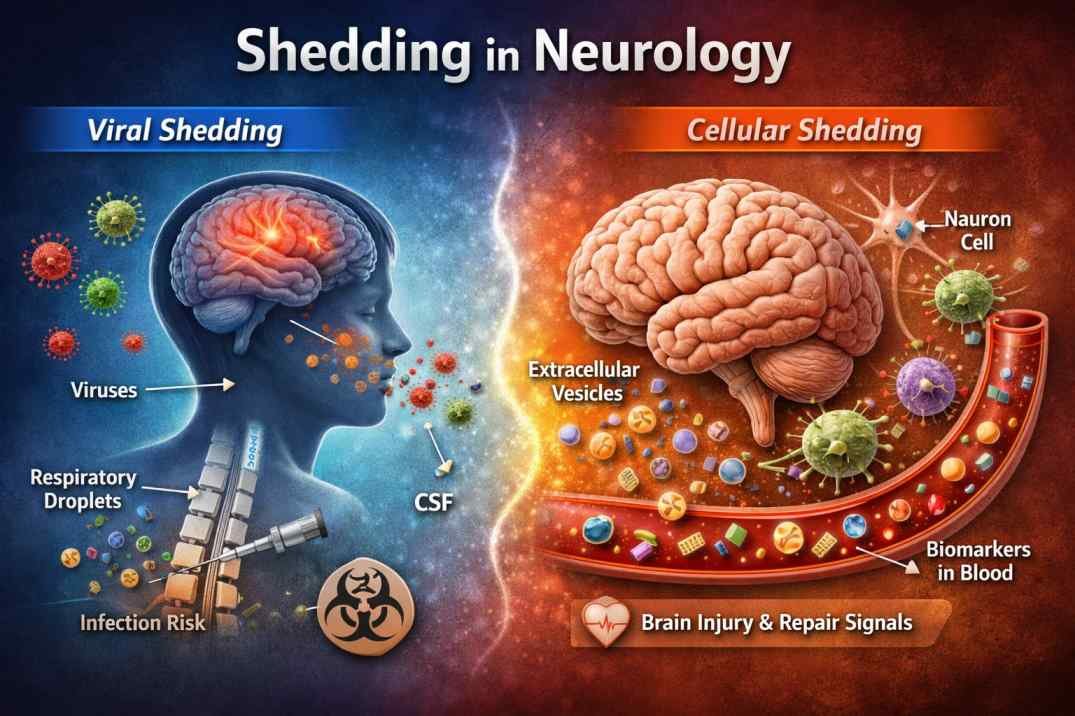✈️ Jet Lag Prevention: How to Stay Energized Across Time Zones
Jet lag can turn an exciting international trip into a fatigue-filled blur. Whether you’re traveling for business, leisure, or competition, jet lag prevention is essential to stay sharp, feel energized, and enjoy your destination to the fullest. This guide explores effective strategies you can implement before, during, and after your flight to combat jet lag.
🌙 What is Jet Lag?
Jet lag is a temporary sleep disorder that occurs when your body’s internal clock (circadian rhythm) is out of sync with the local time at your destination—typically after crossing three or more time zones.
Symptoms include:
Daytime fatigue and drowsiness
Difficulty falling asleep or staying asleep
Digestive issues (constipation, bloating)
Reduced concentration or performance
Irritability or mood swings
🕓 Jet Lag Prevention: Before Your Trip
✅ 1. Adjust Your Sleep Schedule
Begin shifting your sleep and wake times gradually:
Traveling east? Go to bed and wake up earlier.
Traveling west? Go to bed and wake up later. Try shifting by 30 minutes per day, 3–5 days before departure.
✅ 2. Rest Well Before Traveling
Arrive at the airport well-rested. Avoid starting your trip with a sleep deficit.
✅ 3. Plan Your Arrival Strategically
If your trip involves a big event (e.g., a sports match, business meeting), arrive at least 2–3 days early to allow your body time to adjust.
✅ 4. Consider Melatonin
Taking melatonin (0.5–5 mg) before bedtime starting 3 days before your flight and continuing for a few days after arrival may help reset your body clock—especially when flying east.
🛫 Jet Lag Prevention: During Your Flight
✅ 1. Stay Hydrated
Cabin air is extremely dry—drink plenty of water. Avoid alcohol and caffeine, which dehydrate and disrupt sleep.
✅ 2. Eat Light and Smart
Opt for smaller, balanced meals. Avoid heavy or greasy foods that can disrupt digestion and sleep.
✅ 3. Move Regularly
Stretch, walk the aisle, and do simple leg exercises to prevent stiffness and boost circulation.
✅ 4. Sync to Destination Time
As soon as you board, set your watch to the destination’s time zone. Begin aligning meals and sleep to the new schedule.
✅ 5. Sleep Smart
Use earplugs, a neck pillow, and a sleep mask to rest during the flight. Choose a seat near the window if you prefer quiet and darkness.
🌞 Jet Lag Prevention: After Arrival
✅ 1. Embrace Natural Light
Light exposure is your most powerful tool.
Traveling east: Seek morning light.
Traveling west: Maximize afternoon light. Sunlight helps reset your internal clock faster.
✅ 2. Limit Naps
Avoid long naps during the day. If needed, take a 20–30 minute nap early in the afternoon to stay energized.
✅ 3. Stay Active
Go for a walk, swim, or light jog—outdoor physical activity helps realign your body clock and reduce fatigue.
✅ 4. Eat According to Local Time
Eating meals on local time reinforces the adjustment of your circadian rhythm.
✅ 5. Socialize
Engage in conversations or light activities to mentally anchor yourself in the new time zone.
💡 Bonus Jet Lag Tips
Jet Lag for Short Trips (<3 Days)? Don’t adjust your clock. Stay on your home time zone and take short naps to maintain energy.
Sleep Aids: Use cautiously. Hypnotics (sleeping pills) may help with sleep, but they don’t speed up circadian rhythm adjustment.
Light Therapy Boxes: If you’re indoors or in low sunlight regions, light therapy lamps can simulate natural light and help you reset.
🧠 The Science Behind Jet Lag
Jet lag results from desynchronization between your internal clock and the external environment. Your circadian rhythm controls not just sleep but also hormone production, digestion, and body temperature. Rapid time zone changes confuse this system, leading to:
External desynchronization: Mealtimes, sleep, and activity out of sync.
Internal desynchronization: Body systems adjust at different speeds.
Sleep deprivation: Often caused by early flights, airport stress, or poor sleep on board.
🧬 Risk Factors for Severe Jet Lag
Direction of Travel: It’s generally harder to fly east (shortening your day) than west.
Age: Older adults take longer to adjust.
Sleep Type: Night owls adjust more easily to westward travel.
Health Conditions: People with diabetes, heart disease, or mood disorders may experience worse symptoms.
🩺 When to Consider Medication for Jet Lag
If natural strategies fail, consult a doctor. Medical options include:
Melatonin supplements
Hypnotics (for temporary sleep aid)
Modafinil or armodafinil (for daytime alertness)
Pre-test medications before your trip to understand side effects and individual tolerance.
✍️ Final Thoughts on Jet Lag Prevention
Jet lag is a natural consequence of crossing time zones quickly. While it can’t be eliminated entirely, proper planning, light exposure, hydration, and mindful scheduling can significantly reduce its effects. For long trips, adapting to your destination’s rhythm is the key to staying alert, energized, and ready to enjoy every moment.
🛬 Jet lag prevention starts before takeoff—and ends with you feeling your best wherever you land.
Sources: PinterPandai, Wikipedia, Web MD
Photo powered by chatGPT



